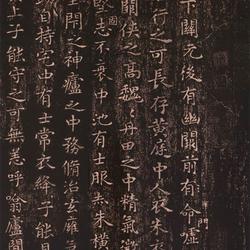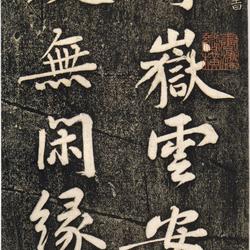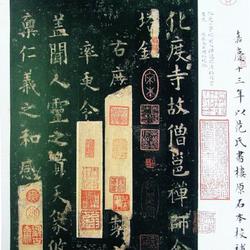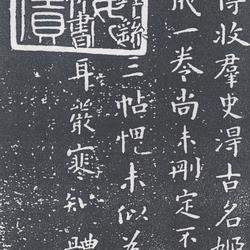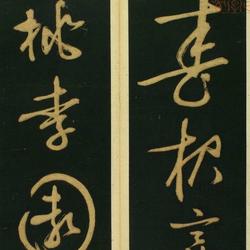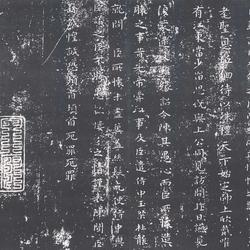The epitaph of King (Ji), the former official of the Wei Dynasty, October 20th, the fourth year of Zhengguang in the Northern Wei Dynasty (523)
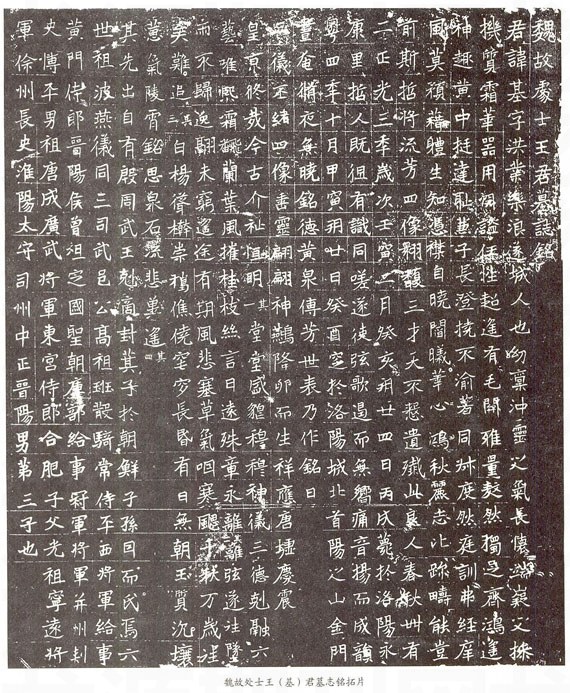
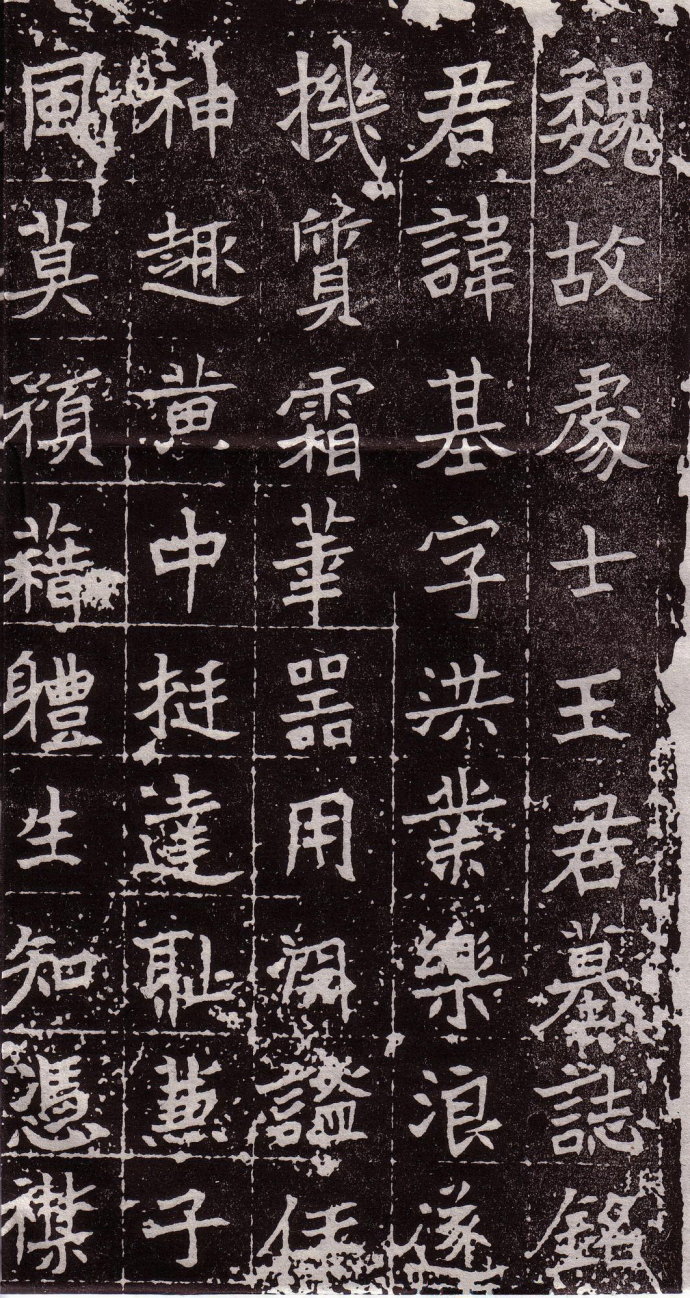
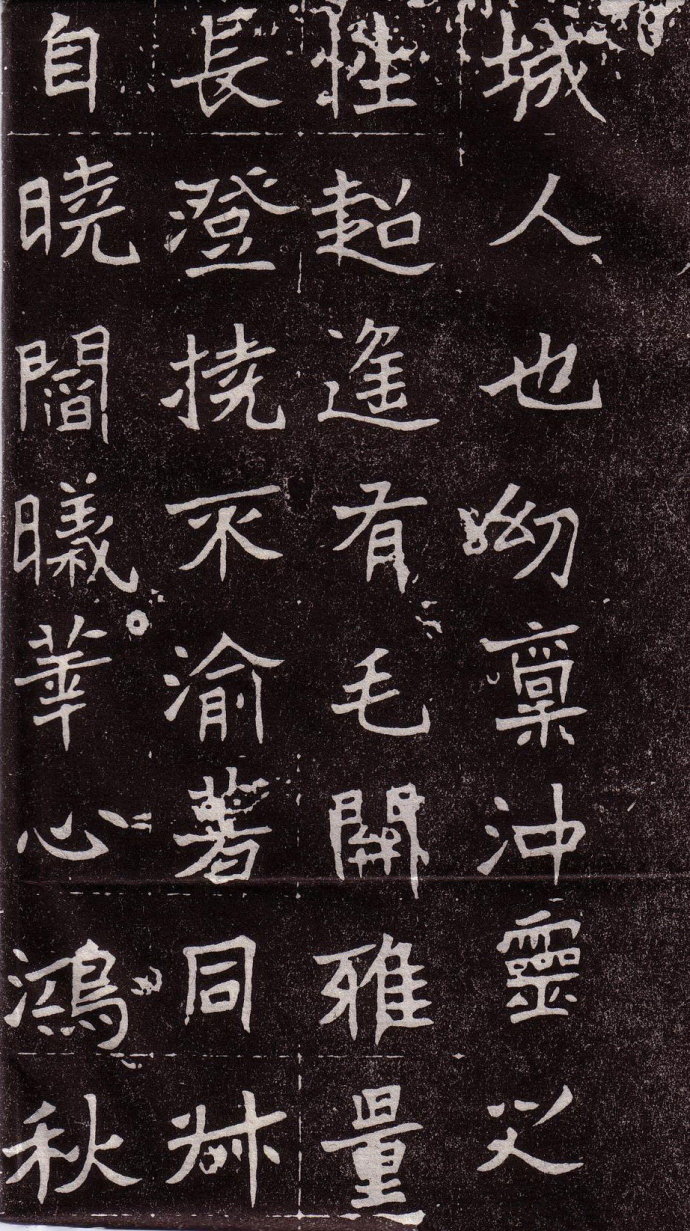
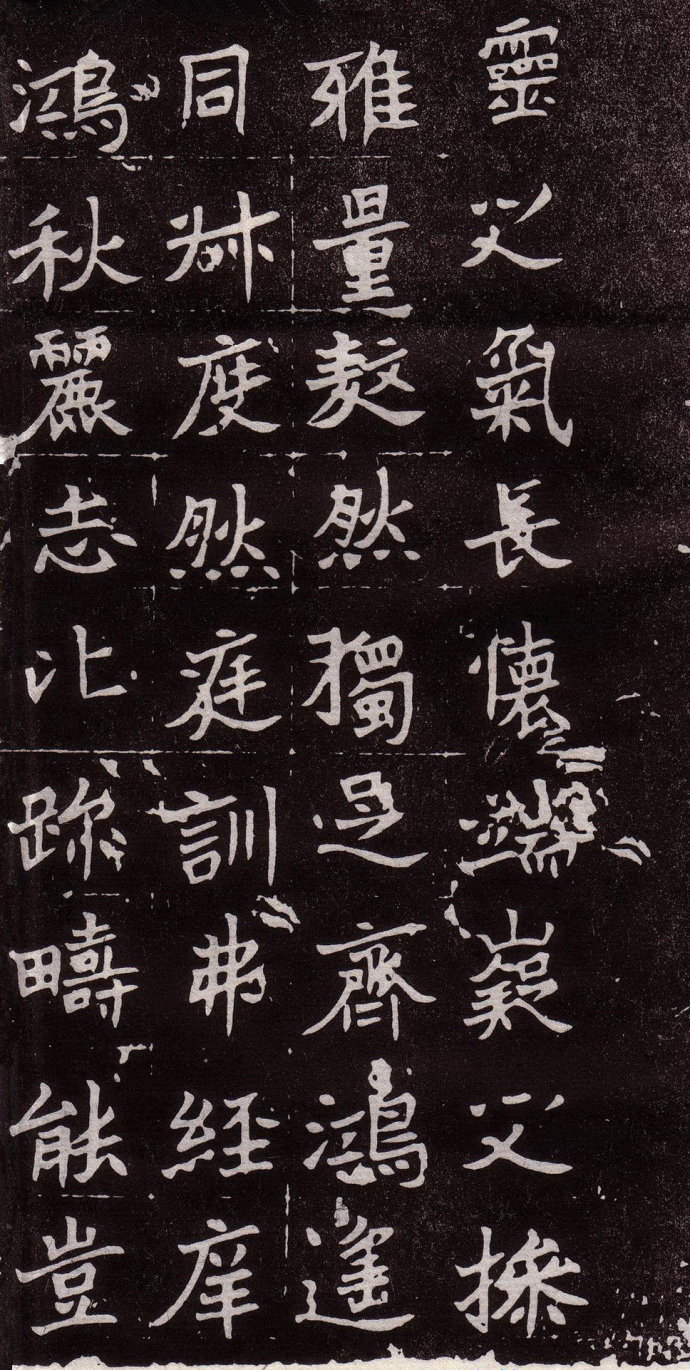
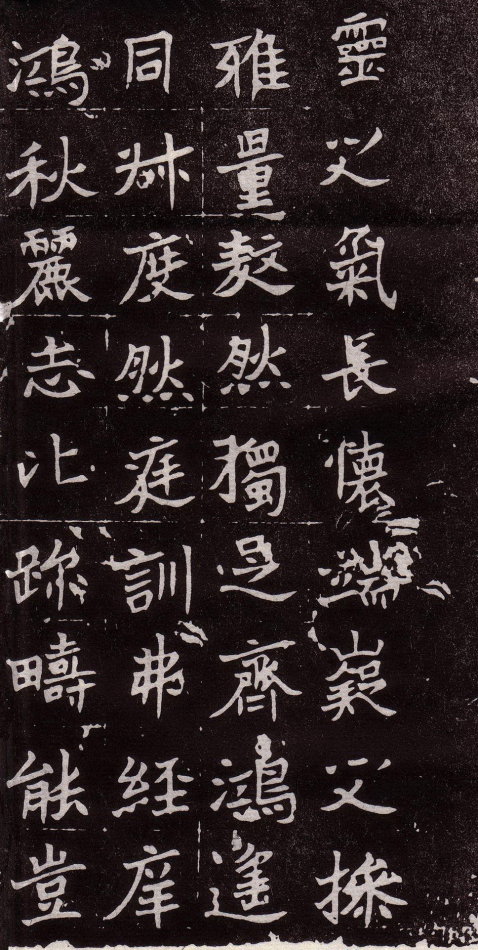
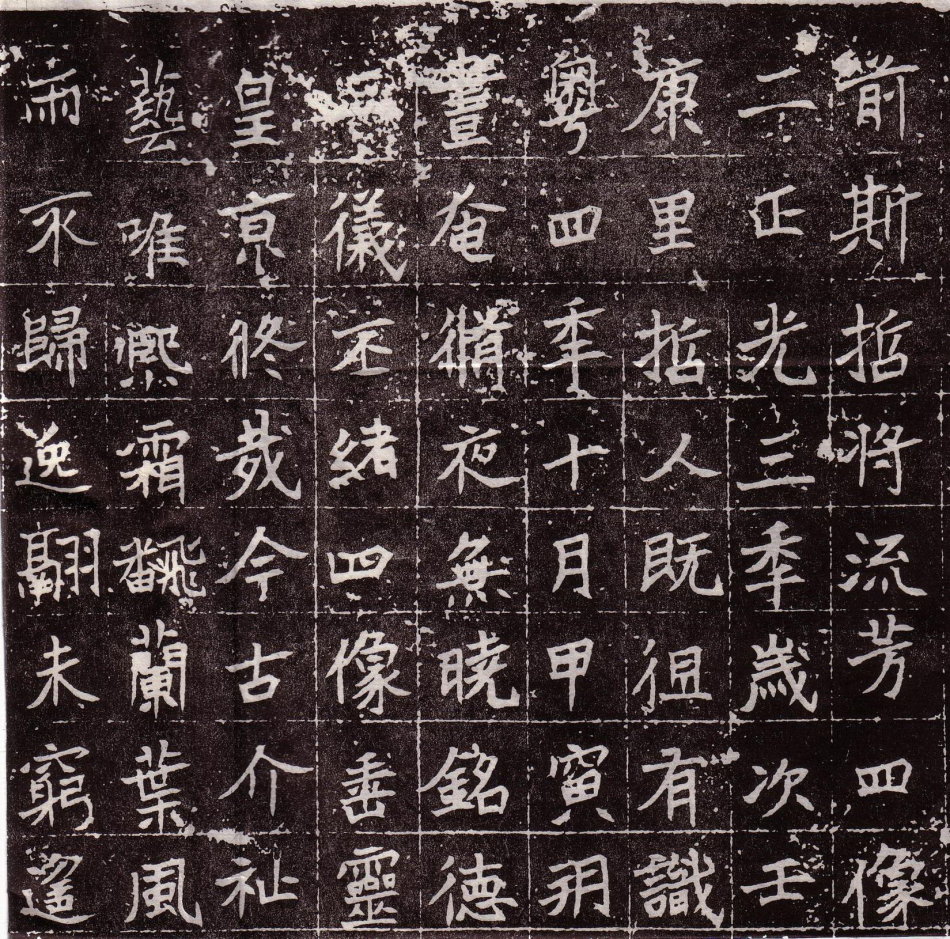
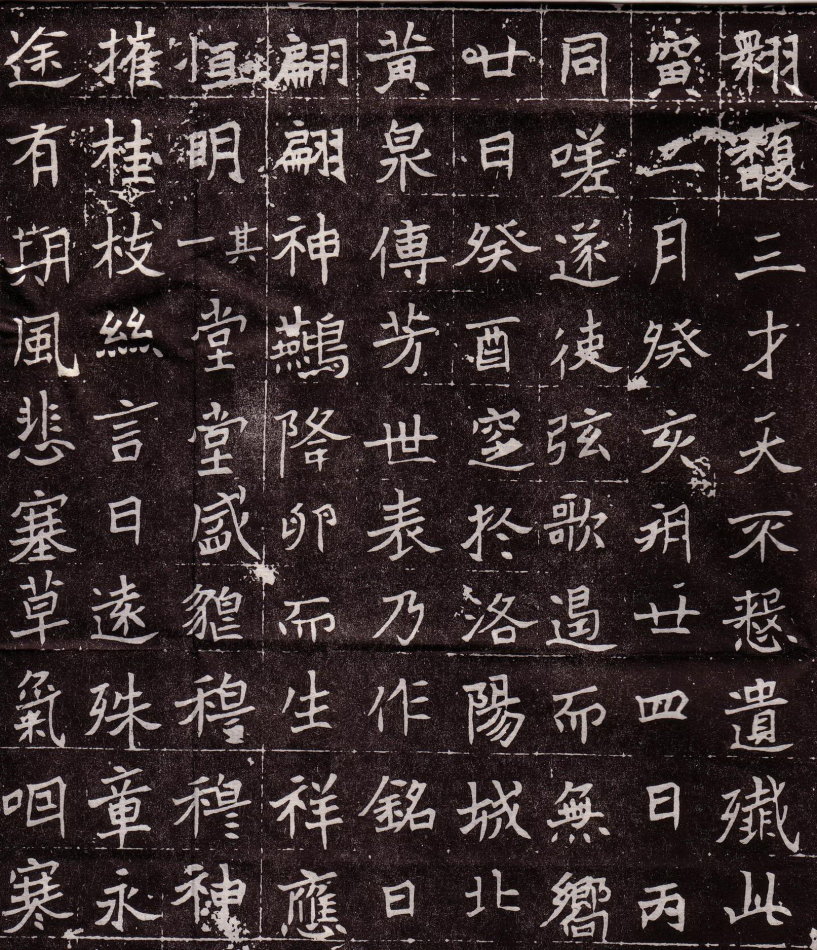
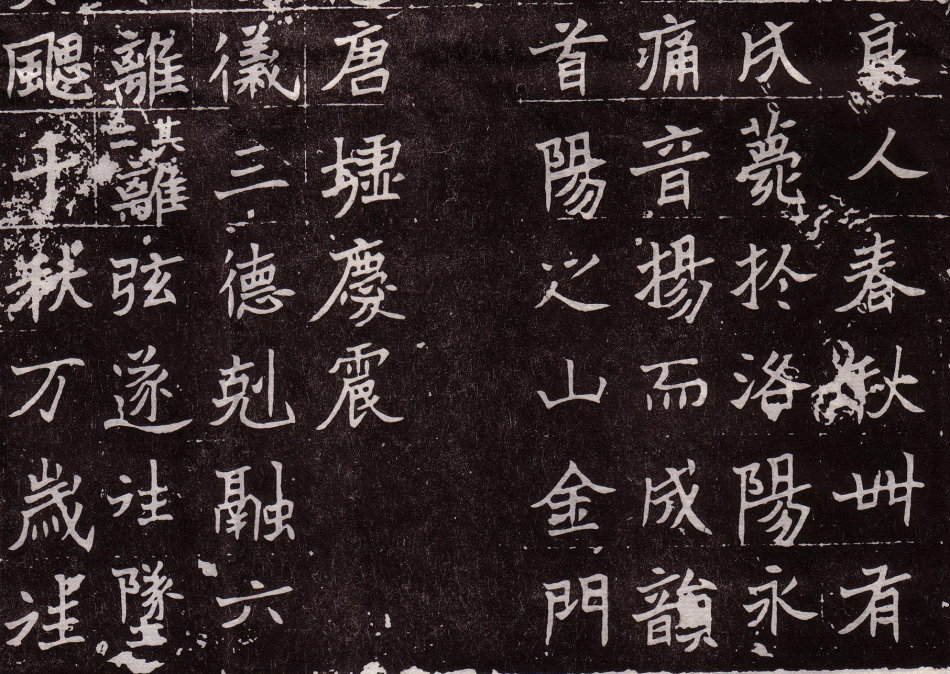
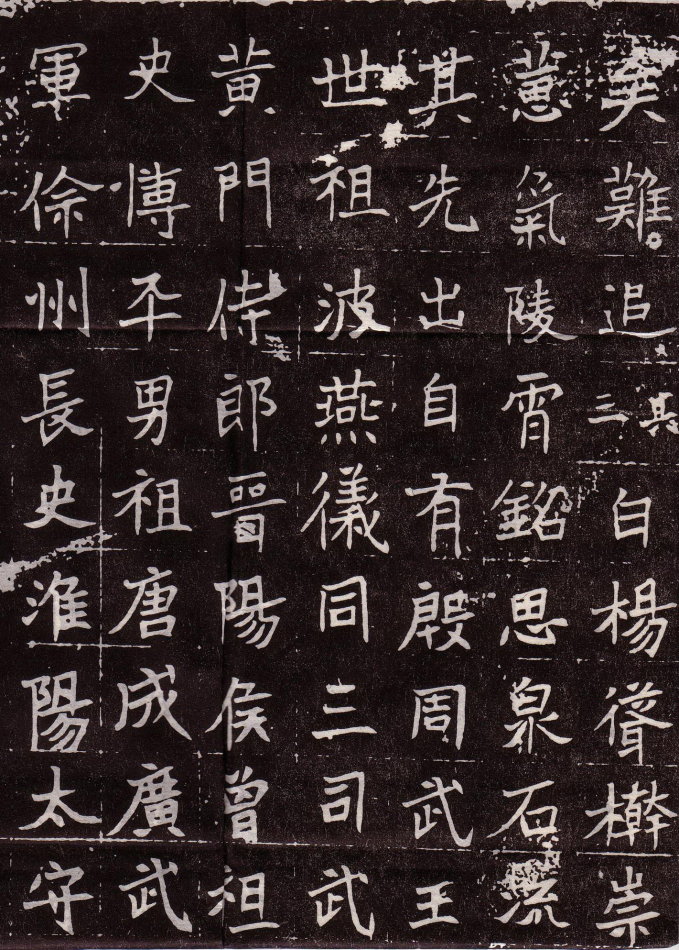
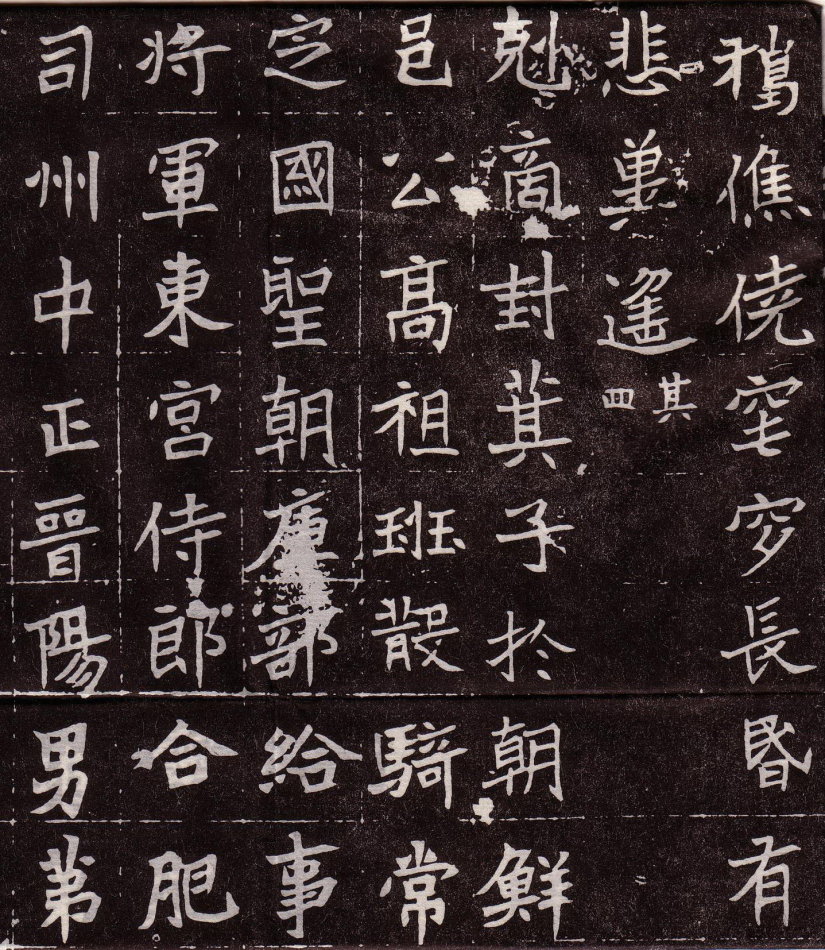
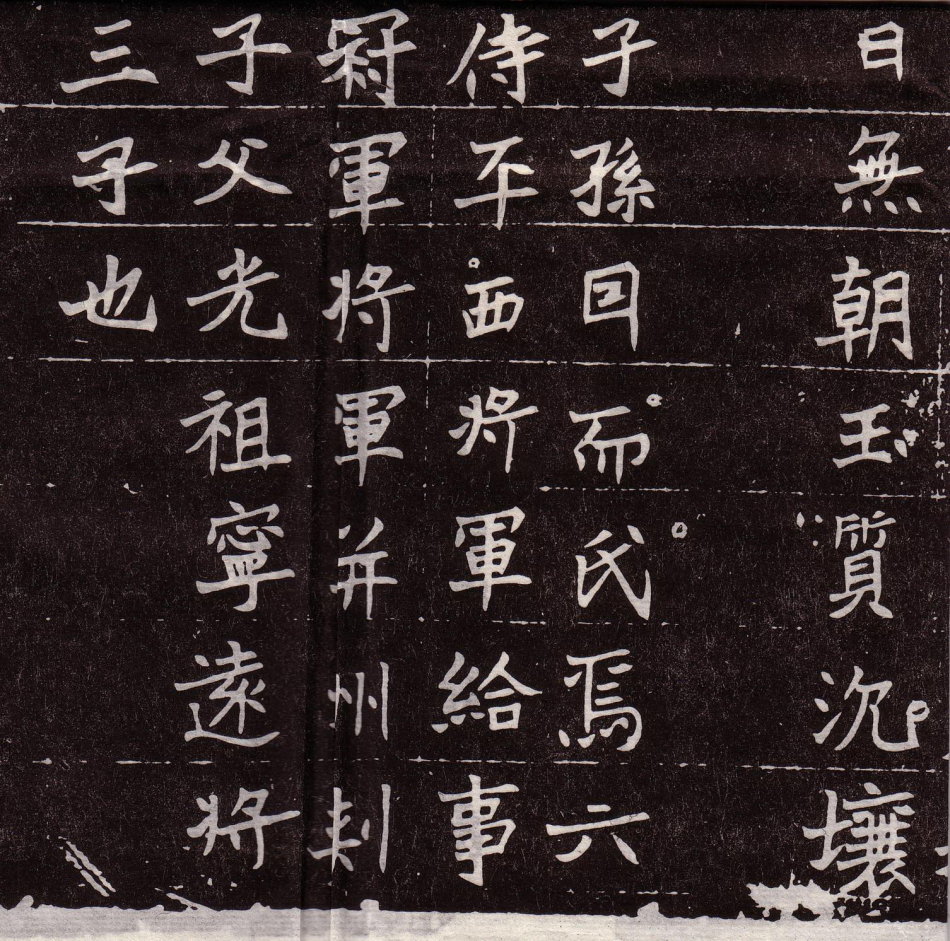
Explanation:
The epitaph of Wang Jun, a former scholar in the Wei Dynasty, reads: "The king's name is Hongye, and he is a native of Suicheng, Lelang. The young ones are endowed with spiritual spirit, and the long-term cherishes the spirit of admiration. "The organic matter is frosty, the instrument is quiet, the will is far away, the hair is elegant, the Ao Ran is one foot, Qi Hongyuan" the divine interest. Huang Zhong is tall and tall, shameful and eldest son, unswervingly honest, and has the same uncle. However, according to the teachings of the court, there is no warning of the wind, and knowledge comes from the body of the book. It is self-aware based on the body. Yan Xi has a beautiful heart and Hongqiu has a bright ambition. He can compare with the traces. How can he be a wise man in the past. The four images will be fragrant, the three talents will be fragrant, the sky will not hang, the ox will be grunted, and the sky will not hang, and the ox will be forgiven. The wise man sighs and realizes that he groans in the same way, so he makes the string song stop and have no direction, and the painful sound becomes a rhyme. "On the 20th day of the 10th month of the 4th year of Guangdong Province, Jiayin and Shuo, Guiyou was heard on the Shouyang Mountain in the north of Luoyang City. "Kinmen" is dying in the day, and there is no dawn in the night. It is inscribed with the virtue of Huangquan, and its fragrance is passed down to the world. He made an inscription and said: "Er Yi Pi Xu, four images hanging down, graceful and graceful, born from an egg." The auspicious response to the ruins of the Tang Dynasty, the imperial capital of Qingzhen, has been repaired both now and in the past, and has brought eternal prosperity. It has a majestic appearance, sacred rituals, three virtues, and six arts. Frost turns the orchid leaves, the wind destroys the cinnamon branches, the silk words are far away, and the special chapters are gone forever. The second part left the string and went away, but the rain did not return. The escape was not exhausted, and there was a long way to go. The wind is sad and the grass is blocked, the breath is cold, and the eternal life is long, and it is difficult to catch up. The three white poplars are towering, worshiping the sun and the flute, and the sky is long and dark, and there is no day for the day. The quality of jade sinks into the soil, and the air of Hui rises to the sky. I remember the spring and stone, and the sadness flows in the distance. Fourthly, it first came from Youyin. King Wu of Zhou conquered the Shang Dynasty and granted the title of Jizi to North Korea. His descendants were therefore named Yan. Zubo, the sixth generation, was the Duke of Wuyi in the same three divisions of Yanyi. In Gaozu's class, Sanqi often served General Pingxi to serve "Huangmen Shilang Jinyanghou." The great-grandfather established the country, and the Ministry of Finance of the Holy Dynasty gave him the title of champion general and the governor of the state, Shi Boping. His ancestor Tang Cheng was Hefeizi, the minister of the East Palace of General Guangwu. His father, Guangzu, was the third son of a Jinyang man named Ningyuan General Xu Governor Shi Huaiyang Prefecture Sizhou Zhongzheng.

